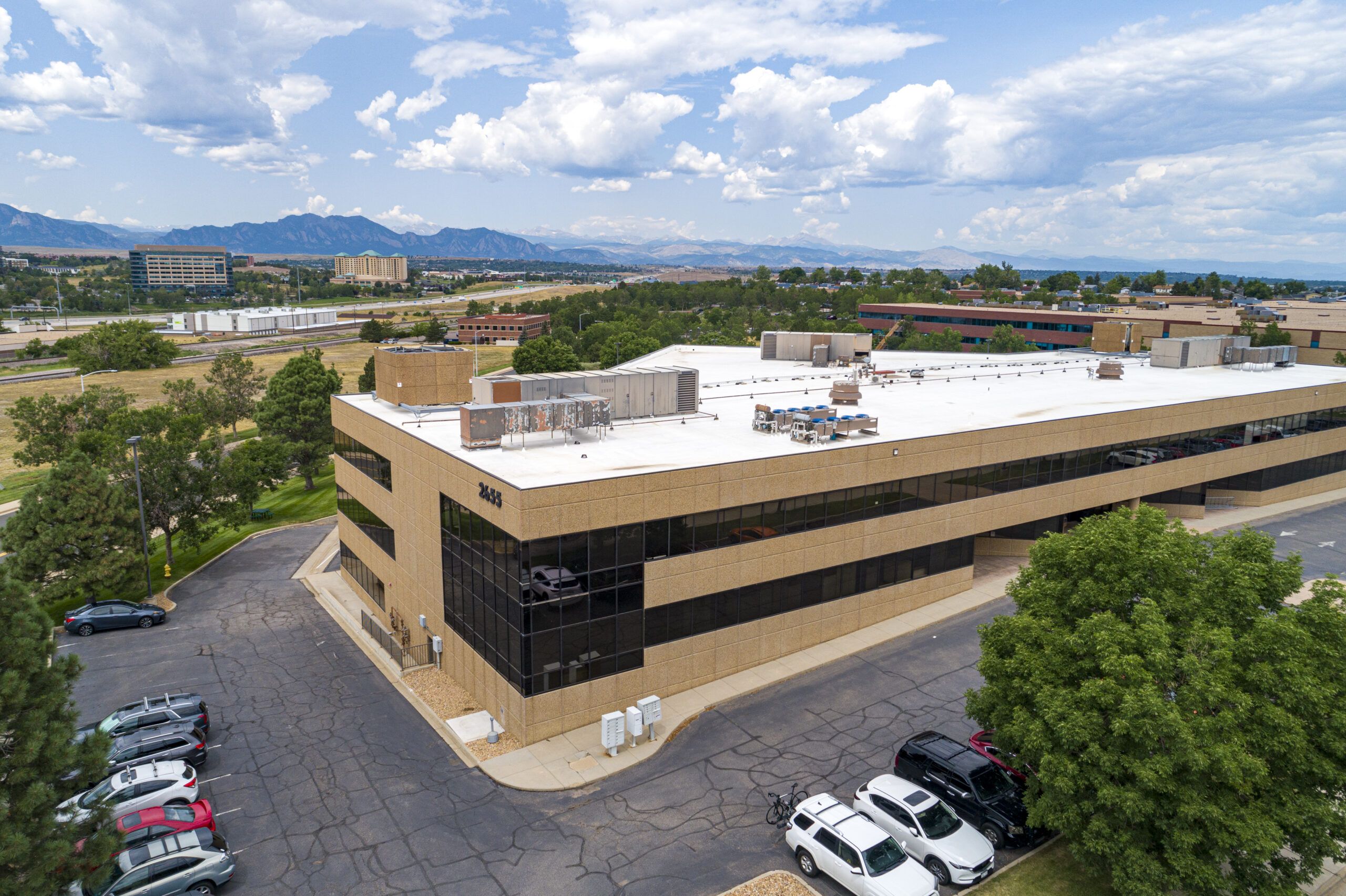Kalinski: Real estate in the time of COVID-19
At the start of the year, I read an article about the 10 biggest threats to the global economy in 2020, written by a prestigious international organization. “Global pandemic” did not make the list, which goes to show how generally lousy we humans are at accurately predicting the future. As such, any predictions that I (or anyone else) could give you about how this pandemic will unfold, in terms of its impact on the local real estate market, would likely fare no better than random chance. Similarly, with the situation evolving so rapidly, any advice or best practices I could offer today may become obsolete in short order.
So, rather than peddle advice and predictions, let’s pause and take stock.
Nationally:
Back in 2008, the financial crisis was sparked in the real estate sector and led to a crisis that nearly collapsed the banking system. We see from history that recessions that begin in the housing sector tend to be worse and last longer than recessions ignited by other factors. Today, the recession we are likely heading into has a very different background — our economy and housing market were far stronger and more resilient, thanks in part to the measures put in place after that recession (tighter lending restrictions, more stringent liquidity requirements for banks, etc.). In fact, we were enjoying the longest economic expansion since WWII.
SPONSORED CONTENT
According to National Association of Realtors chief economist Dr. Lawrence Yun, “Conditions today are very different than the last boom/bust cycle. In 2004, we had a huge oversupply of new homes. In 2019, we still had a huge undersupply of new homes. In fact, we haven’t been building enough new homes to keep up with demand in over a decade. During the last downturn, there was the subprime factor and the variable interest rate. Now there are fewer variable rate mortgages and virtually no sub-prime mortgages.”
Colorado and Boulder County outperform the nation:
Colorado is well-positioned as a top economy nationally. Real GDP growth in Colorado ranked seventh in the nation year-over-year, and the state’s five-year average ranks fifth, according to economist Rich Wobbekind with CU-Boulder’s Leeds School of Business. Wobbekind says that Boulder County’s economy has been outgrowing the state economy, and is uniquely able to weather a recession. Boulder County’s economic vitality is fueled by a highly educated workforce and diverse ecosystem of industries including government research facilities, aerospace, biotechnology, cleantech, and information technology — industries that endure in the long term.
Boulder ranks number one in the nation for home value stability and growth for the fifth consecutive year, according to SmartAsset. As discussed in our recently published real estate report, based on our extensive data and market analysis, we have had a healthy housing market through 2019. Even through the grim days of the Great Recession, home prices in Boulder County declined only by 5 percent and recovered quickly post-recession. If you held onto your home for at least six years, there is no period when you would have lost money on your investment here.
Summing up:
While past performance is no guarantee of future results, the real estate market in our area has a history of weathering recent recessions better than other places and recovering more quickly after the storm has passed. Given everything that is going on, I still believe that owning property in Boulder Valley is and will continue to be an excellent investment.
Be well and do what you can to flatten the curve. Stay home.
Jay Kalinski is broker/owner of Re/Max of Boulder.
At the start of the year, I read an article about the 10 biggest threats to the global economy in 2020, written by a prestigious international organization. “Global pandemic” did not make the list, which goes to show how generally lousy we humans are at accurately predicting the future. As such, any predictions that I (or anyone else) could give you about how this pandemic will unfold, in terms of its impact on the local real estate market, would likely fare no better than random chance. Similarly, with the situation evolving so rapidly, any…



